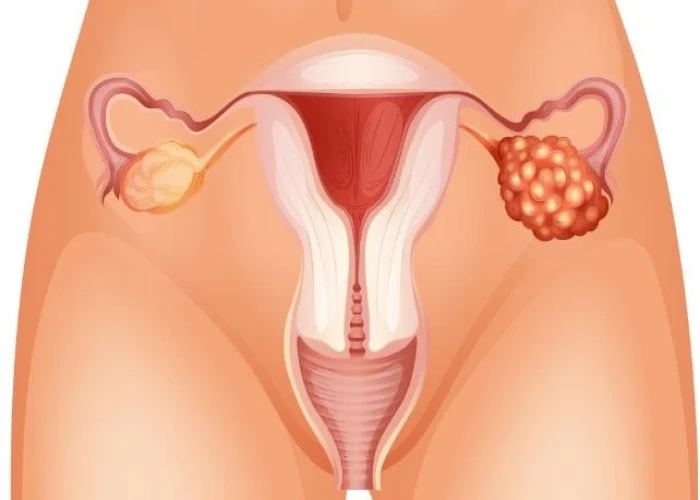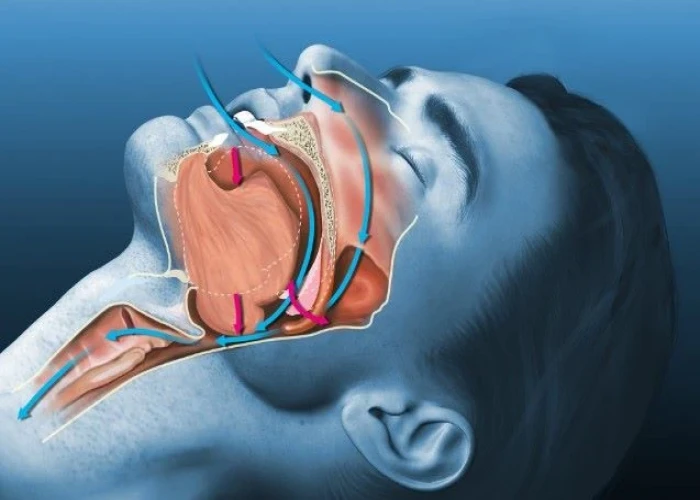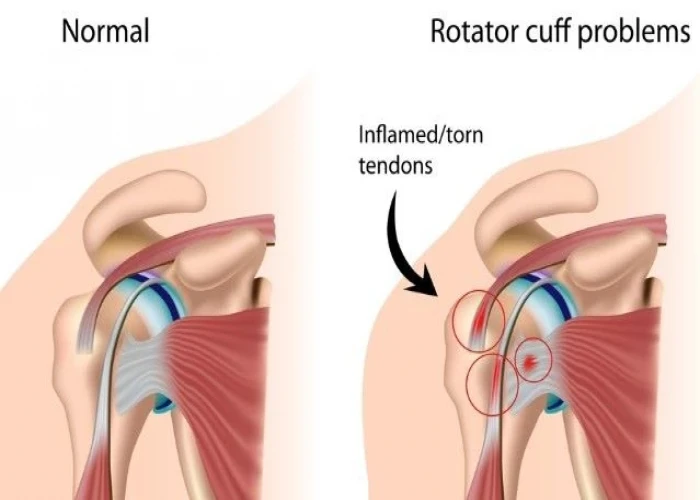 Welcome
Welcome
“May all be happy, may all be healed, may all be at peace and may no one ever suffer."
Morning sickness

Morning sickness is nausea and vomiting that occurs during pregnancy. And, despite its name, morning sickness can strike at any time of the day or night.
Many pregnant women have morning sickness, especially during the first trimester. But some women have morning sickness throughout pregnancy. Management options include various home remedies, such as snacking throughout the day and sipping ginger ale or taking over-the-counter medications to help relieve nausea.
Rarely, morning sickness is so severe that it progresses to a condition called hyperemesis gravidarum. This is when someone with nausea and vomiting of pregnancy has severe symptoms that may cause severe dehydration or result in the loss of more than 5% of pre-pregnancy body weight. Hyperemesis gravidarum may require hospitalization and treatment with intravenous (IV) fluids, medications and rarely a feeding tube.
Research Papers
Disease Signs and Symptoms
- Nausea or vomiting
- Low amount of urine
- Rapid heartbeat (tachycardia)
- Feel dizzy or faint when standing up
- Reddish or purplish oval patches of skin, often on the belly, chest or back
Disease Causes
Morning sickness
The exact cause of morning sickness is unknown. Hormonal changes are thought to play a role in morning sickness. Rarely, severe or persistent nausea or vomiting may be caused by a medical condition unrelated to pregnancy — such as thyroid or liver disease.
Disease Prevents
Morning sickness
There's no way to completely prevent morning sickness. However, avoiding triggers such as strong odors, excessive fatigue, spicy foods and foods high in sugar may help.
Disease Treatments
If your morning sickness symptoms persist, your health care provider may recommend vitamin B-6 supplements (pyridoxine), ginger and over- the-counter options such as doxylamine (Unisom) for management. If you still have symptoms, your health care provider may recommend prescription anti-nausea medications.
Moderate to severe nausea and vomiting of pregnancy may cause dehydration and electrolyte, such as sodium or potassium, imbalance. Extra fluids and prescription medications are recommended for moderate to severe morning sickness.
Your doctor will talk about how often you have nausea, how many times you have vomited, whether you can keep down fluids, and whether you have tried home remedies. There are a number of prescription medications that are safe to take during pregnancy for nausea and vomiting. Your doctor will recommend a safe option, based on the severity of your symptoms.
Check with your doctor before taking any over-the-counter medications or supplements during pregnancy.
If you have hyperemesis gravidarum, you may need to be treated with intravenous (IV) fluids and anti-nausea medications in the hospital.
Disease Diagnoses
Disease Allopathic Generics
Disease Ayurvedic Generics
Disease Homeopathic Generics
Disease yoga
Morning sickness and Learn More about Diseases

Ovarian cancer

Hives (Cold urticaria)

Obstructive sleep apnea

Viral gastroenteritis (stomach flu)

Anhidrosis

Growth plate fractures

Rotator cuff injury

Stretch marks
...
To be happy, beautiful, healthy, wealthy, hale and long-lived stay with DM3S.
